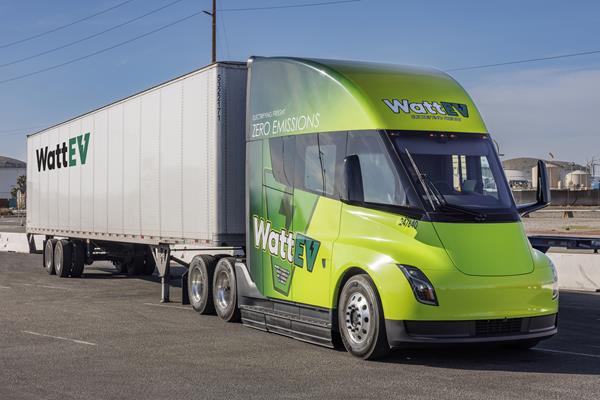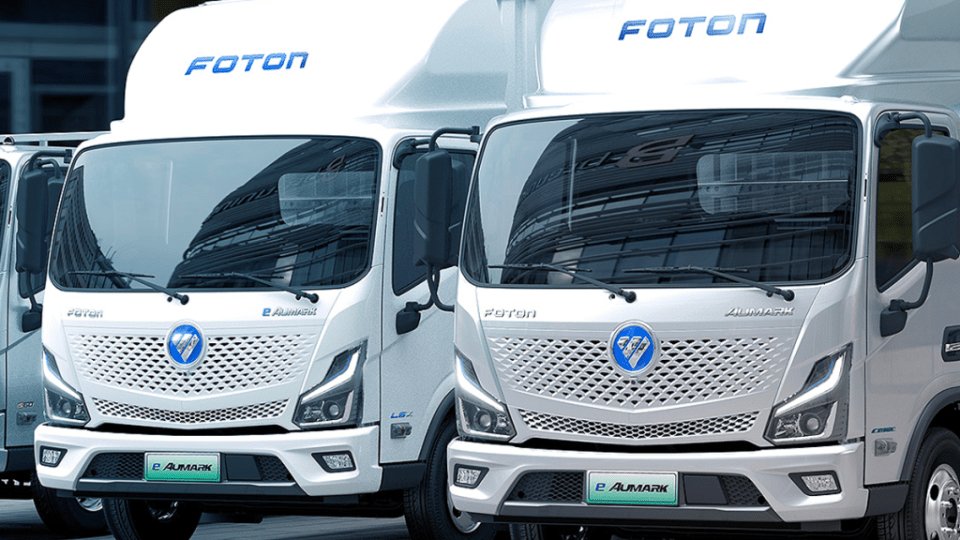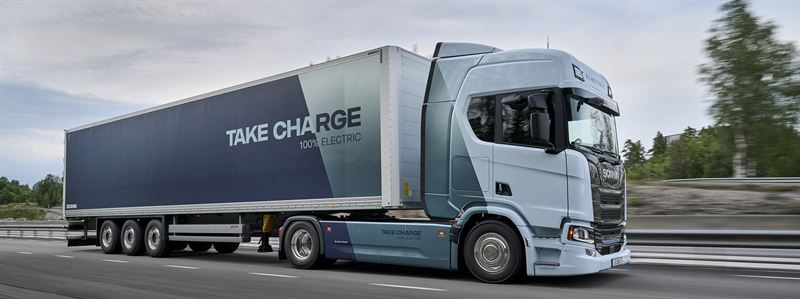Iveco and Nikola inaugurate BEV and FCEV manufacturing site in Ulm. Our report from Germany
The first Nikola Tre electric heavy-duty trucks will be produced by the end of the current year. The vehicles will be initially addressed to the US market, while from next year on the first Nikola trucks addressed to the European market will be produced. Also, a MoU was signed between the Nikola-Iveco joint venture and the Hamburg Port Authority for the supply of up to 25 BEV trucks.
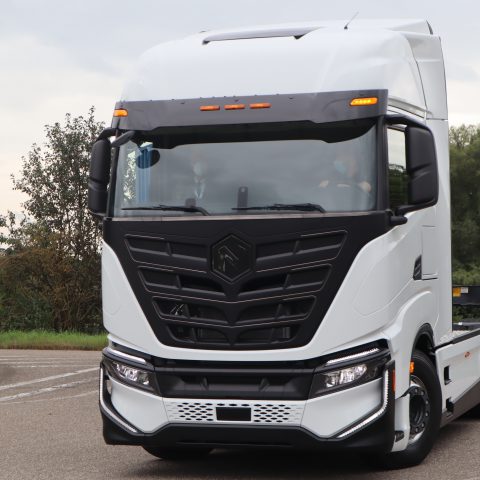
Iveco and Nikola have inaugurated with a live and online event a new facility in Ulm. The manufacturing site was renewed and reorganized over the last two years and will soon be used to assemble the Nikola Tre BEV heavy-duty trucks, however the site is ready for the Nikola Tre FCEV trucks, which will be assembled using the same lines. We had the opportunity to attend the opening ceremony held in Ulm, quite an important milestone of the joint venture established nearly two years ago by Iveco and Nikola and presented in December 2019 with a dedicated event in Turin.
The first Nikola Tre electric heavy-duty trucks will be produced by the end of the current year. The vehicles will be initially addressed to the US market, while from next year on the first Nikola trucks addressed to the European market will be produced. Based on the IVECO S-WAY truck platform with an electric axle co-designed and produced by FPT Industrial, it features Nikola’s advanced electric and fuel cell technology, along with key components provided by Bosch. Together, the teams have designed a modular platform capable of fuel cell as well as battery propulsion technology. Launching the battery technology first will drive the maturity of the underlying platform before adding the fuel cell as a range-extension technology.
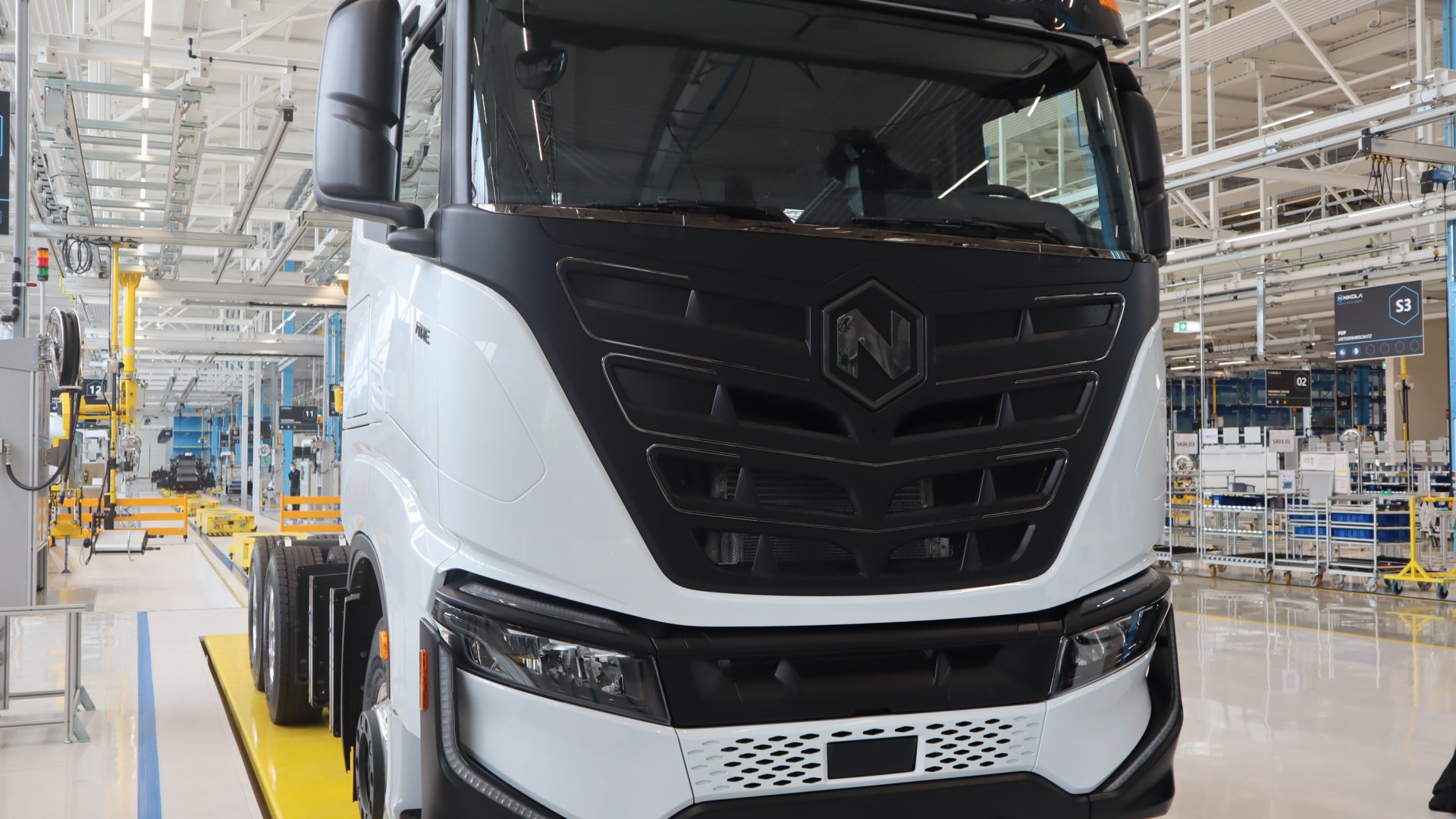
Iveco and Nikola chose the Ulm plant to serve the European market
The Ulm plant – located within the traditional Iveco site – relies on 50,000 square meters, of which 25,000 are covered. It is a final assembly plant, conceived to be flexible enough to assemble both electric and fuel cell vehicles. The site will welcome components from over 160 suppliers all over the world and, according to the top managers, will be soon ready to produce 1,000 trucks a year per shift. So, around 3,000 trucks every year. Nikola relies on another production plant in Arizona, which will serve the US market according to the company’s future plans. As a matter of fact, Nikola is building a broad dealer network in the US. The site is expected to operate according to the principles of the World Class Manufacturing programme and is conceived to include fully digital shopfloor management designed to guarantee 100% traceability and paperless operations. Quite a high number of logistics AGVs (Automated Guided Vehicles) will help assembly operators in Ulm.
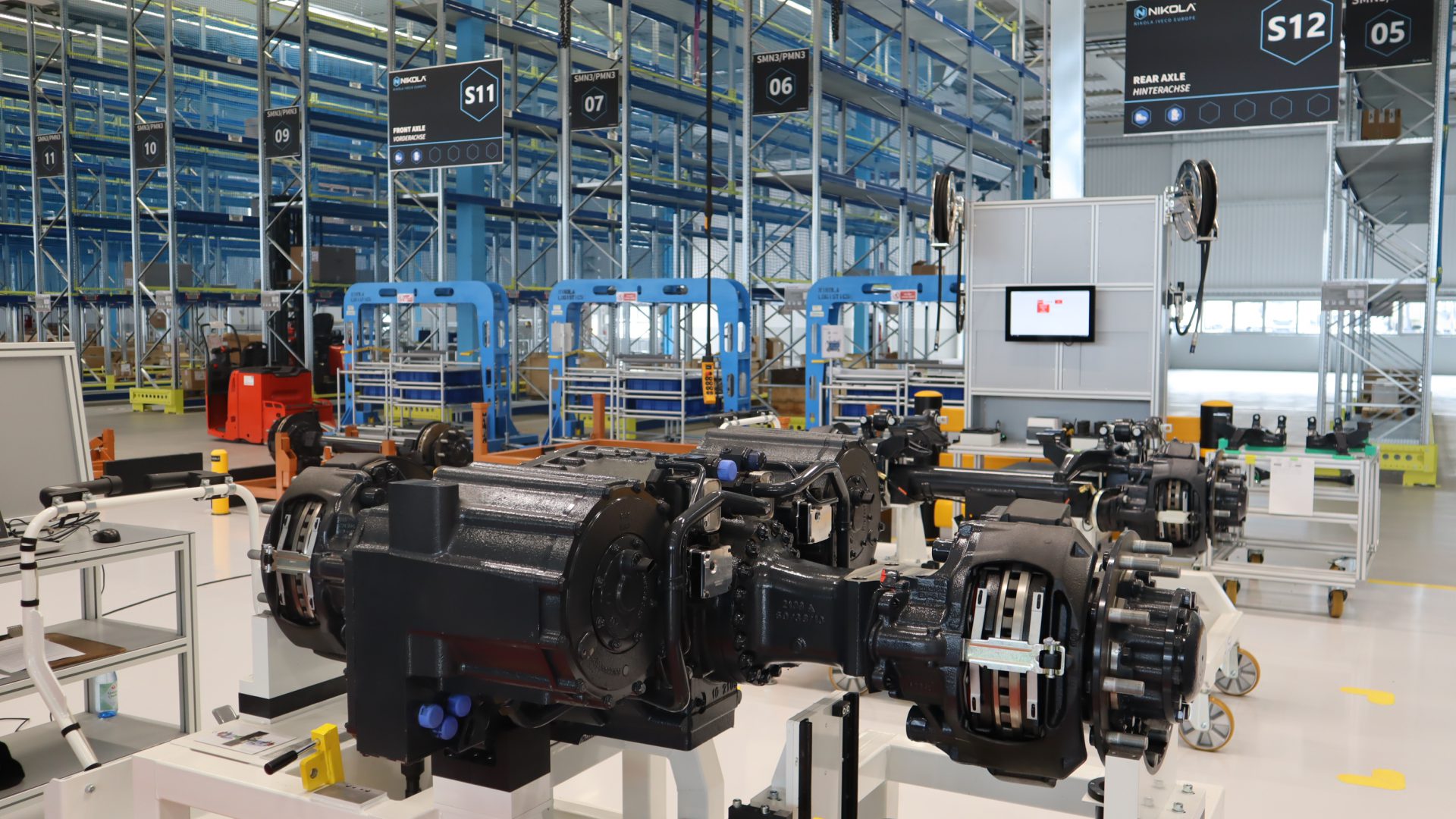
“No reason to worry about the joint venture”
The opening ceremony was the right occasion to take stock of the joint venture, with Nikola CEO Mark Russell and Gerrit Marx, designated CEO of the Iveco Group who answered the questions coming from journalists. “There’s no reason to worry about the future of the Nikola project and the future of the joint venture”, they said, also reaffirming that the trucks will be sold under the Nikola brand also in the future and that the two companies are facing indeed the hot issue of key components shortage.
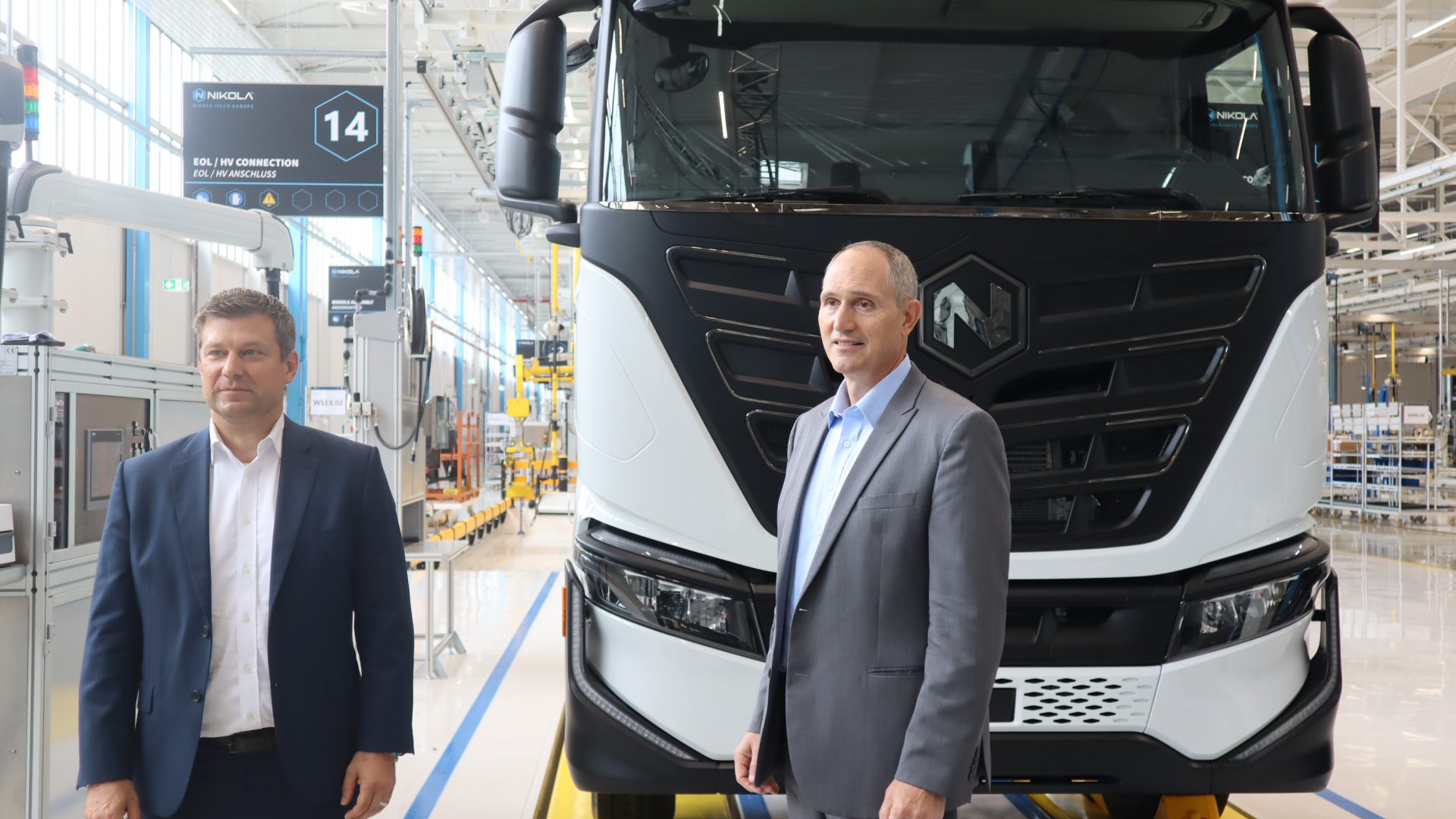
There was room also for the JV’s plans on hydrogen development. “We are focused on finding the best solution in terms of carbon intensity. We are looking for a system that might be actually cost-effective”, said Gerrit Marx. Nikola Tre fuel cell truck is currently a prototype. According to the schedule, production in Ulm will start by the end of 2023.
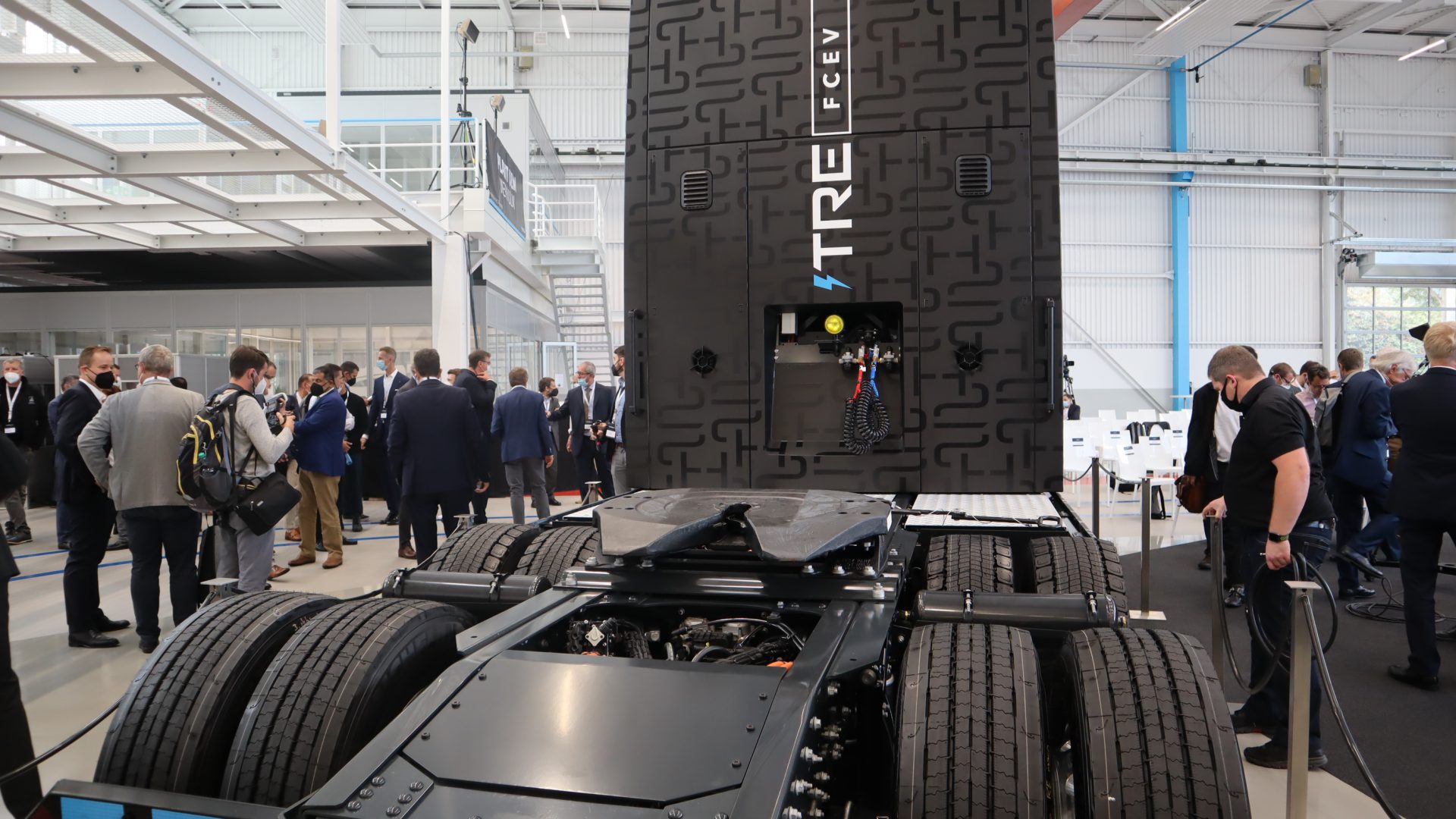
MoU signed with Hamburg Port Authority
Finally, during the opening ceremony a MoU was signed between the Nikola-Iveco joint venture and the Hamburg Port Authority. The agreement states their joint intent to partner in two phases encompassing up to 25 Nikola Tre battery-electric vehicles (BEV) for delivery to the Port throughout 2022. The first phase involves testing of the Nikola Tre BEVs at the port for transport and logistics operations together with high-performance charging solutions. A more definitive second phase in the project partnership plans to see the full integration of the BEV vehicles in port operations, installation of charging infrastructure and on-site service support including major suppliers. The vehicles provided for these two phases will be the US version of the Nikola Tre with special permissions for in-port operation.










